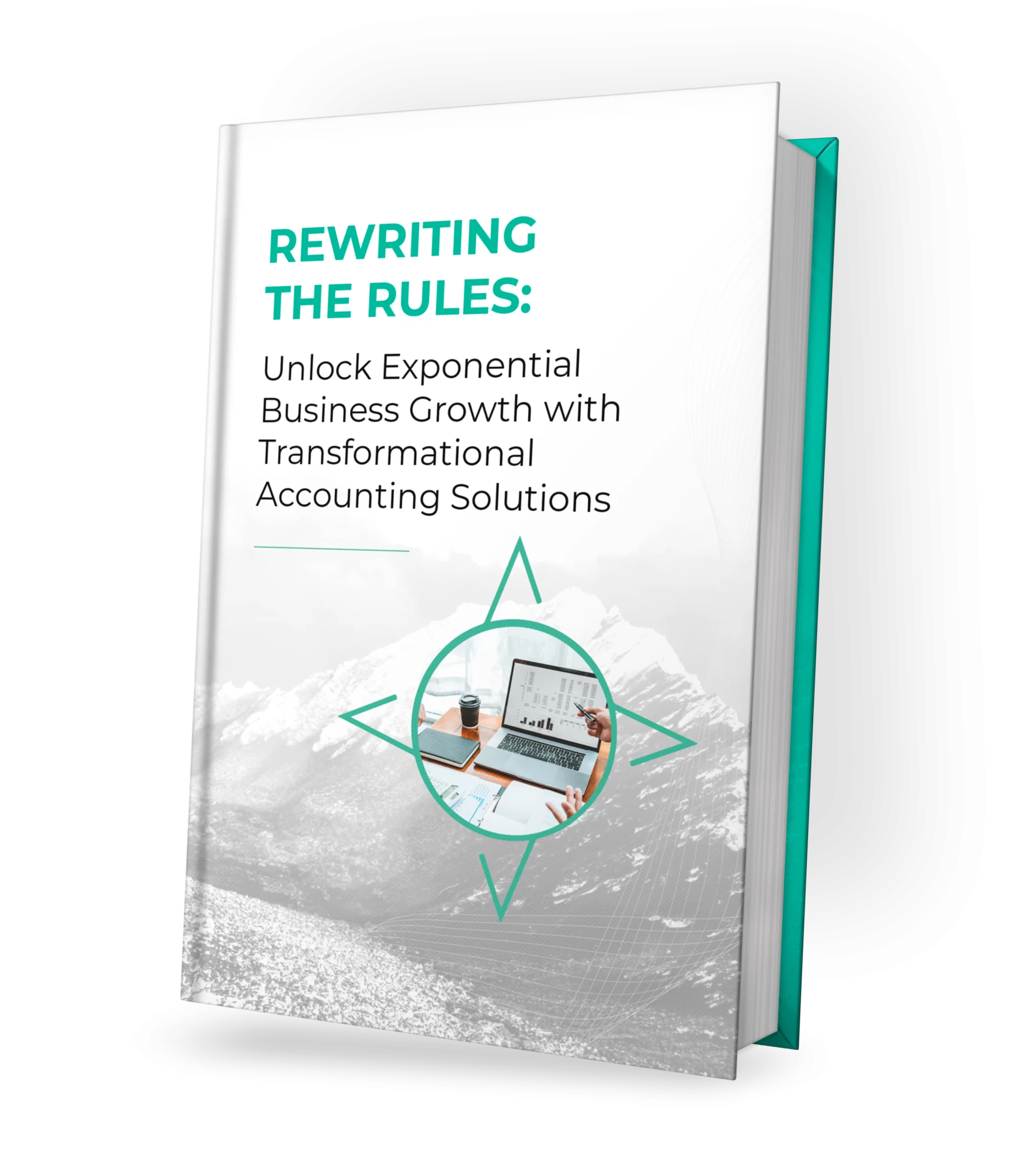As a founder, you know, success doesn’t happen overnight. It takes time, dedication, and, most importantly, growth. In this article, we’ll take a deep dive into the different stages of company growth, from pre-seed series to acquisition, and discuss the essential financial considerations for every stage.
Pre-Seed/Seed Series
The pre-seed series is the earliest stage of startup funding, where businesses raise a small amount of capital to fund early-stage activities such as prototype development. It is in this stage where the company works to find Product Market Fit (PMF) which proves that they have a product which can be sold and for which there is demand in the market. If the pre-seed stage is successful, the company can then focus on raising more capital to fund additional business operations and growth.
Financial Considerations– At this stage, proper bookkeeping and accurate tax compliance are essential. Although your business may be in its infancy, maintaining financial organization and precision is crucial. Being meticulous in the early days can prevent running out of funds before the time comes for the next raise. Much of this work can be done by a crack outsource team built to support startups.
Series A-B
After proving PMF, companies may be able to raise money to fund future growth and expansion. The next rounds of funding are called series A and B as funding rounds follow the alphabet. During these stages, companies typically receive their first or second rounds of funding from venture capitalists who are professional investors that have resources developed to help their portfolio companies scale. The funding at Series A and B used to formalize their operation, build next versions of their products, and expand their market share through sales and marketing.
Financial Considerations– As your business grows, your accounting and finance needs to keep pace. It’s at these stages where bringing a Head of Finance or internal Controller may start to make sense with the support of an outsource team. As the business gets more complex, the financial tech stack should be used as the source of truth for the state of operations and financial health. Companies will need to explore using software that meets reporting and integration needs that has scaling capabilities to accommodate continued growth and success.
Acquisition or Initial Public Offering (IPO)
After a few years of strong growth, a company may be ready for an exit (acquisition or IPO). This is the part of the business journey where you provide a return or liquidity event to your early investors and allow them to realize the benefits of investing in your business and trusting your dream from an early stage. While the business will continue to grow and scale after this, it’s an important part of the lifecycle as it provides the return to you and your investors for all of your hard work.
Finance Considerations– As businesses approach this stage, efficient and accurate accounting and financial operations becomes more important than ever. Companies will undergo detailed diligence audits that vet their value, requiring clean and presentable records and accounting, including historical finances, in-depth business details, projections, and forecasts. The stronger this part of the business, the more accurate (and potentially higher) the company’s value will be.
Managing your business’s finances through each stage of the start-up process is critical to ensure continued growth and success. But navigating each stage of the start-up process can be simpler than you might think. With the right tools and resources, you can keep up with company growth and achieve success. Contact us today to learn more.

